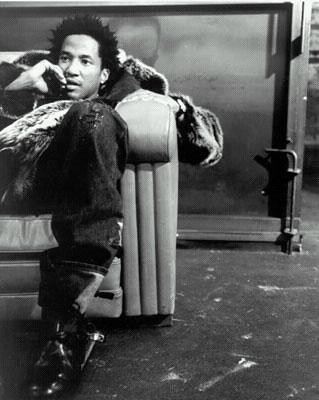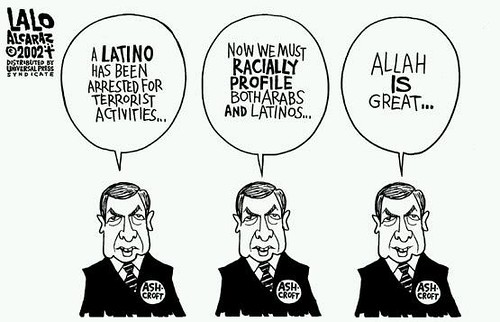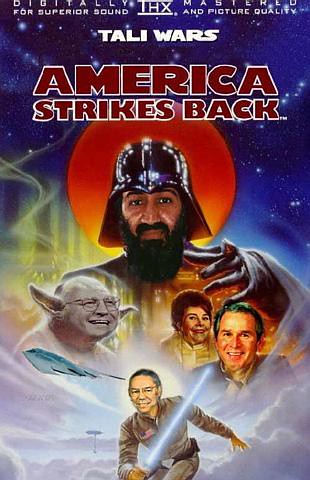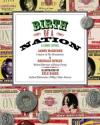Volume 8, Book 81, Number 771:
Narrated 'Umar bin Al-Khattab:
During the lifetime of the Prophet there was a man called 'Abdullah whose nickname was Donkey, and he used to make Allah's Apostle laugh. The Prophet lashed him because of drinking (alcohol). And one-day he was brought to the Prophet on the same charge and was lashed. On that, a man among the people said, "O Allah, curse him ! How frequently he has been brought (to the Prophet on such a charge)!" The Prophet said, "Do not curse him, for by Allah, I know for he loves Allah and His Apostle."
...
In Islam, one of the orthodox ways of understanding the nature of iman (faith) is to say that iman is something in the heart which is separate from your actions. Moreover, it is something which you either have or you don't, it neither increases nor decreases. This perspective (associated especially with the
Hanafi school) has some rather sweeping and beautiful implications for how we view other Muslims.
An early unorthodox sect known as the Khawarij disagreed. They took the position that your actions were included in your iman. And so when Muslims were guilty of major sins, they declared that they were apostates and had them killed. This group was the same group who had Ali (ra) killed because they had felt that he was in the wrong.
But if iman exists in the heart then ones ordinary sinful actions can't take you out of Islam. And therefore a sinful Muslim is still Muslim. They are still part of the ummah. The basic link between you and them is maintained. You still give them salaams. You still visit them when they are sick. Pray for them when they are dead. In spite of their sins, they are still your sisters and brothers in faith.
As the prophet (saaws) said: "Do not curse him, for by Allah, I know for he loves Allah and His Apostle."
According to the famous orthodox Sunni
creed of Al-Tahawi:
57. We do not consider any of the people of our qibla to be unbelievers because of any wrong action they have done, as long as they do not consider that action to have been lawful.
58. Nor do we say that the wrong action of a man who has belief does not have a harmful effect on him.
59. We hope that Allah will pardon the people of right action among the believers and grant them entrance into the Garden through His mercy, but we cannot be certain of this, and we cannot bear witness that it will definitely happen and that they will be in the Garden. We ask forgiveness for the people of wrong action among the believers and, although we are afraid for them, we are not in despair about them.
60. Certainty and despair both remove one from the religion, but the path of truth for the People of the Qibla lies between the two.
61. A person does not step out or belief except by disavowing what brought him into it.
It continually surprises me when non-Muslims seem to have this image of Islam as a stern, intolerant, medieval religion in need of a Christian-style Reformation. Traditional orthodox Islam is beautifully tolerant. And often it is the "reformers" who are responsible for the examples of intolerance which appear in the newspapers and television.
Take the concept of "People of the Qibla" mentioned above. To be Muslim does not require one to accept a complicated and paradoxical theology. Sunnis and Shias might disagree over the status of Ali. Hanafis and Malikis may disagree about the best place to put your hands in prayer. Sufis and Wahabis might disagree over the proper way to do dhikr. But that's okay because these aren't essential matters that will take you out of Islam. All these groups can still come together in one place, five times a day and pray in the same direction.
There is alot more that could be said about tolerance and inclusion found in traditional Islam but I think I'm going to stop here for now.
For a more involved discussion of Imam Tahawi's creed, Abu Hanifa and the nature of iman, you might want to check
here.
And for an excellent in-depth explanation of how Muslims can learn to disagree with one another without being disagreeable, I highly recommend
The Ethics of Disagreement in Islam by
Taha Jabir al `Alwani. The book is FREE and available online in its entirety.











